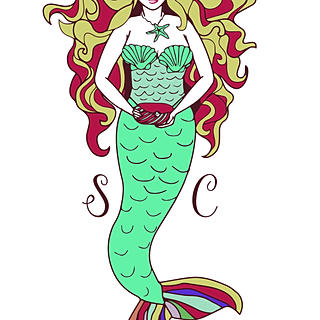Performance is increased like diamonds are made!
- Bill Holmes
- Dec 17, 2019
- 3 min read

“We all need people who will give us feedback. That’s how we improve.” Bill Gates
“The single biggest problem in communication is the illusion that it has taken place.” George Bernard Shaw
I am teaching PMP® and PMI-ACP® test preparation classes and have noticed the increased emphasis on the “soft skills” of project management. This is important because it is estimated that a Project Manager will spend around 90% of their time communicating as they move toward project delivery.
In both Waterfall and Agile methodologies there is a focus on the performance of the team and the development of the individual. We spend time discussing small group development as described by Wayne Tuckman, as well as individual motivational theories as explained by giants in the field like Maslow, Herzberg and McClelland. All of these describe how the Project Manager must have refined emotional intelligence, so they are self-aware while identifying and meeting the needs of their team.
A couple of key characteristics of high performing teams are open communication about performance and a system where high performers are rewarded. When I ask my students how many of them operate in an environment where this is true, the almost universal answer is “no”!
Why is that?
Because doing it right is hard! It is difficult to conduct an honest assessment of someone’s performance and have an open discussion about what they need to do to improve. It is much easier to do the equivalent of “I’m OK, you’re OK – do a little more”. Adding to that, many organizations have so standardized the appraisal and reward system that is difficult for a single manager to make a difference in the rating or bonus of a subordinate. In those instances where there is latitude, it often feels arbitrary to the outside observer.
And does the organization really reward those hard conversations? Will you be rewarded if you work exceptionally hard to review your teams work, remove barriers, provide consistent and valid feedback and exhibit leadership characteristics that motivate your team and causes incremental improvement of core processes?
Maybe. Probably not.
The problem is that performance is improved like diamonds are made! With the application of heat and pressure over time. Most organizations know how to bring the heat and pressure, but lose interest over time.
And esprit de corps is hard to measure.
But when we do measure it, how do we do? How many of you work in an organization where some version of an “employee satisfaction” survey is issued? And how are the results actually used? Do low performers get sent to a class to become more self-aware? Probably not. Do their appraisals get downgraded because they are failing the most basic duty of a supervisor, to inspire and lead? I suspect not.
What kind of organization are you in if “real” feedback is never given, if rewards are only tenuously connected to actual performance, and where the employee feedback is discounted?
A poor one.
Good luck!
Coda
I once worked for an organization where the employee “engagement” scores were awful. “Engagement” is a word used when “satisfaction” would cause managers to actually look in the mirror! We had an executive meeting to discuss it, and the senior “leaders” suggested that we do mini surveys to determine why employees could so misunderstand the intentions of senior “leaders”. Incredible! I suggested that we should look at the scholarship of giants in the field for guidance, and even drew a correlation between the length of time a manager was assigned and increased scores of the employees. Heads nodded. Nothing happened. Sigh.









Comments